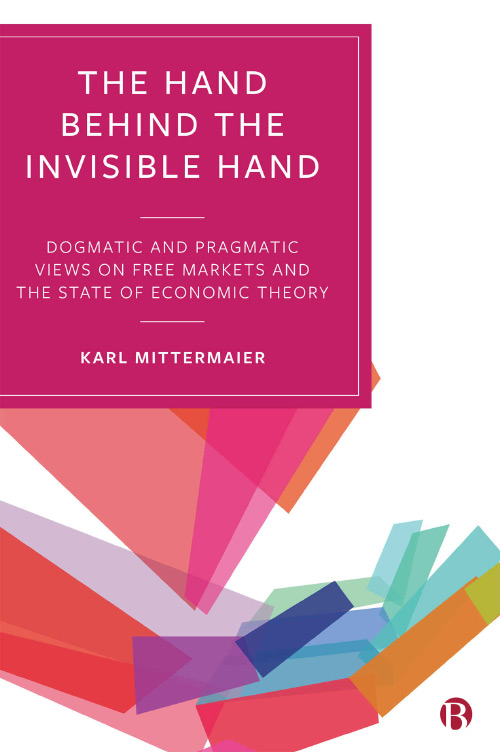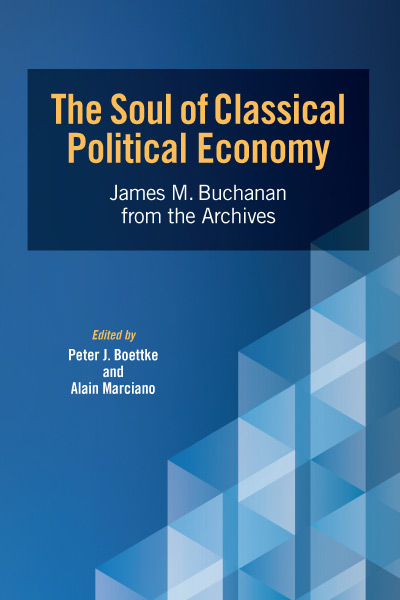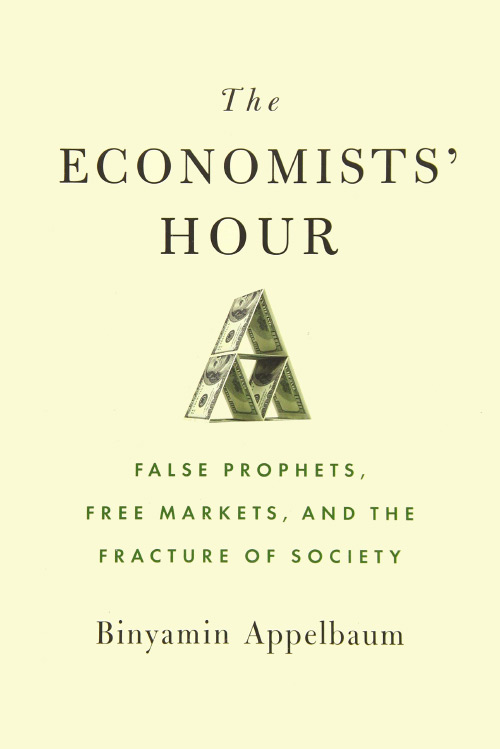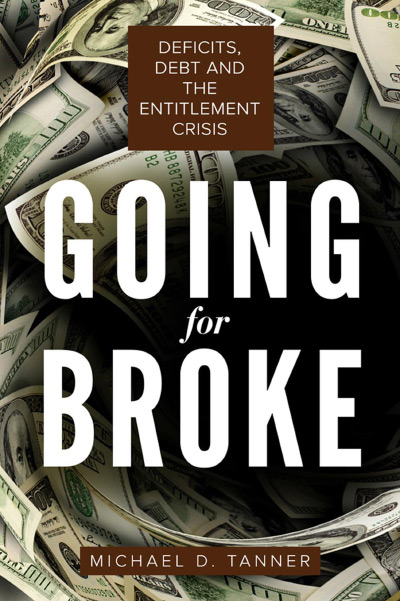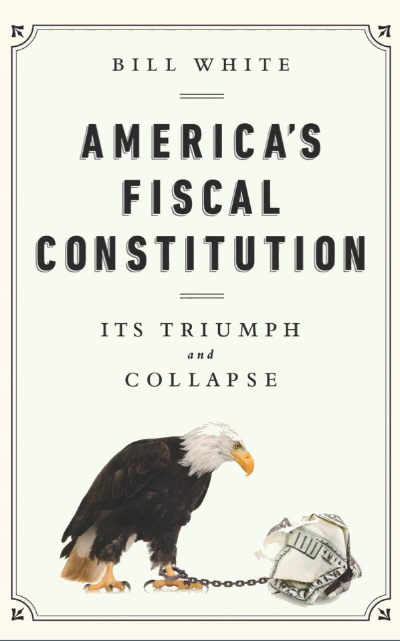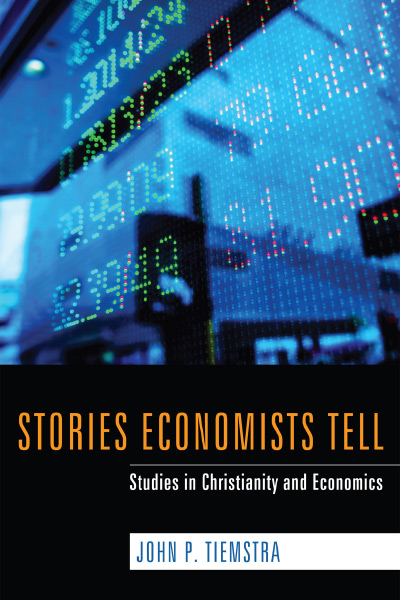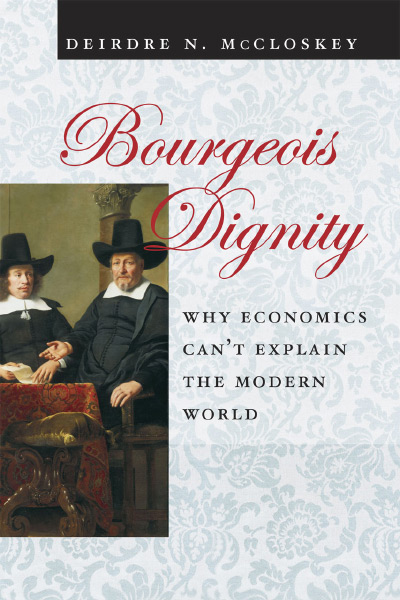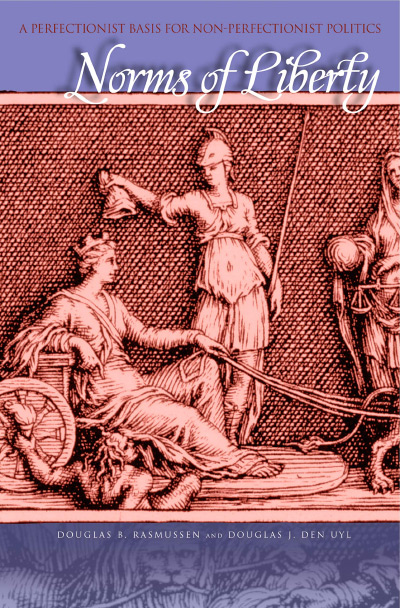Karl Mittermaier was, it appears, a highly idiosyncratic figure. Sure, everyone is strange, save me and thee, and frankly I’m not so sure about thee. But there’s a lot going on here. First, Mittermaier wrote a monograph in the mid-1980s for no obvious purpose. He was in no rush to publish it, it seems, signing a contract but refusing to finish the piece because he didn’t want to add a chapter on then-current events in the Soviet bloc. Those events would have been apt illustrations, but as his spouse Isabella Mittermaier notes in the foreword, Karl was afraid the topical example “would have ‘dated’ the book. Karl always was the prescient type . . .” (p. ix).
Second, the monograph was submitted as a doctoral thesis, and was accepted. But Mittermaier had already been teaching at the University of the Witwatersrand, Johannesburg, South Africa for nearly two decades, and didn’t really need to finish his PhD. But others prevailed on him, and the paperwork was filed. But it doesn’t seem that is why Karl wrote the monograph, which was hardly a traditional thesis in any way.
But the monograph has now been published, after Karl’s death in 2016. One might read between the lines that Karl’s passing, at nearly 80, removed the last obstacle to the publication. Authors are sometimes jealous of their work, but sometimes simply are in no hurry. In any case, through the efforts of fans of Karl’s life, and work, the monograph is now available in book form. In addition to the foreword by Isabel, there is an introduction by Christopher Torr, and follow-on interpretive essays by Daniel Klein and Rod O’Donnell. My interpretation is that, having avoided the curse of timeliness and topicality, Mittermaier’s fans sought also to avoid the opposite problem of having the work simply pass unpublished, a curiosity remembered by few.
The central arguments of the book, at least as Mittermaier himself sees them, are that (1) there is a needless, and frankly harmful, divergence between economic dogmatism (abstract theory) and pragmatism (policy advice); and (2) economic theory, at least the kind worth reading and considering, focuses on the spontaneous order of commercial society, while economic policy advice seems to accept the efficacy, and even necessity, of planning far too uncritically.
As is clear from the title, the “hand,” visible and not, is the figure that Mittermaier uses to convey his message. The invisible hand is the order that arises as a consequence of human action but not as a result of human design or intention. It is perhaps a personality defect of mine, embarrassing to confess to, but I often see things in Venn diagrams. Torr’s introduction does a nice job of conveying the tension between two conceptions of emergence: First, the “natural” order is outside of human social activity, and the “artificial” is what happens in human society. That notion has estimable history on its side. But the second conception would say that “natural” order is that which emerges spontaneously, as a result of decentralized activity, and “artificial” order is that which is designed, planned, or “laid on” by humans.
On the first account, currency and language are “artificial,” because they are social constructs and not biologically necessary. But on the second account, they are “natural,” because they emerge spontaneously and consistently in the context of human interactions, without having a meeting or agreement that they will be selected or managed.
But of course an “invisible hand” might result either from an intended and planned, or unintended and spontaneous, order. And we might wonder about the factors that would cause such an order to emerge, and those that might cause it to endure. They might mix and match: emergence could be unintended or intended, and the maintenance or preservation of the order might be intended or unintended. For a hand to be invisible, truly invisible, both the emergence and endurance could be unintended. And yet such an order might organize much of the world around us, possibly without our having any substantial understanding of that order’s origins or effects.
That’s all pretty “meta,” but for a style of social science based in the methodensreit it is standard. Torr gives the example of the “Burning Man” event held in the Nevada desert in the U.S. The origin of the event was clearly intentional, or maybe intentionalish, since founder Larry Harvey clearly had not the remotest conception of what would happen and what Burning Man would become. The rules and procedures adopted by the event organizers starting in 1996 (the event was largely self-organizing in the 1986-1995 period) were general and foundational, providing broad latitude within which individuals could organize themselves. It’s true that this planning (and it is extensive, including the laying out of parcels and streets, and infrastructure) is operating in the background. But there is an enormous amount of planning, nonetheless. The point is that what looks like spontaneous emergence is in fact contingent on the existence of a “visible hand” of setup and coordination.
And that’s Mittermaier’s question: is there a visible hand, hiding invisibly behind the invisible hand, operating even further in the background? (I said it was meta . . .) When someone wakes up in Paris, goes to get the morning baguette, and finds a cheap, fresh, and remarkably delicious loaf at the patisserie in the next block, you might marvel at the spontaneous arrangement of such a complex division of labor. But is it spontaneous, all the way down? Or are there visible (if you look) rules and choices, made intentionally and consistently, that operate at an even deeper level that enable and animate the spontaneous parts that then seem invisible to the observer?
In Mittermaier’s words:
Since institutions vary so much from place to place and from period to period and since not all of them are conducive to an advantageous market order, the question arises how an arrangement of society which constitutes an invisible hand may come into being. Does it simply arise in the absence of the meddling hands or does someone have to turn his hand to the task? Do the rules of conduct which give rise to a spontaneous order arise spontaneously if governments do not interfere—or do governments and others have to bring them about deliberately? There is a hand behind the invisible hand. The question is: Is that hand invisible too?
The answer to this question, we will say, shows whether a dogmatic or pragmatic view is held. “Yes” indicates a dogmatic point of view. “No” indicates a pragmatic point of view. (pp. 25-6, emphasis original).
I must confess some embarrassment at not having known of Mittermaier’s argument in this regard, since this distinction is one I have often attributed to more recent authors. For example, Douglass North’s distinction between “institutions” and “organizations” obviously connects (Douglass C. North, 1990, Institutions, Institutional Change, and Economic Performance, Cambridge University Press). In fact, I myself had used the fanciful example of “Hayek University”, where the invisible hand (foot?) tramps out the muddy tracks that only later should be paved. No planner could know where to put the sidewalks, after all. But what about the buildings? The core layout of the system is affected by the visible hand—I attributed this to James Buchanan’s “laid on” constitutional conception—of basic rules. The idea that it all has to be spontaneous or we are somehow cheating is one of the reasons that Hayek’s view has commanded only limited attention; it seems, well, dogmatic. But Mittermaier wrote this all down in 1986, and the dogmatic vs. pragmatic distinction is perhaps even more useful in 2020 than it was over 30 years ago.
The commentaries, by Klein and O’Donnell, take this work from being a curiosity to a turnkey entrée to Mittermaier’s place in intellectual history. Each of the interpretive essays takes some pains to place the work in context, to connect it to other strands of work since, and to give a sense of the importance of the work and the man behind it. I have to admit that I was skeptical of the project when I first learned of it (we at The Independent Review get a lot of books to review, and we can’t review all of them, by any means). But I am a convert. This book belongs on your shelf.
| Other Independent Review articles by Michael C. Munger | ||
| Summer 2024 | Secret Government: The Pathologies of Publicity | |
| Spring 2024 | Following Their Leaders: Political Preferences and Public Policy | |
| Spring 2024 | The Origins and Evolution of Consumer Capitalism; Crack-Up Capitalism | |
| [View All (80)] | ||



